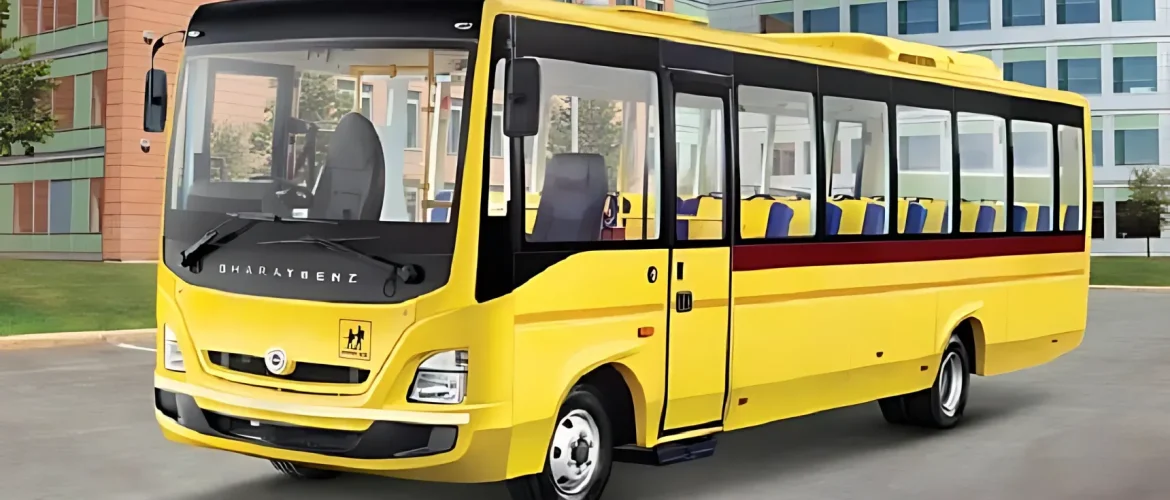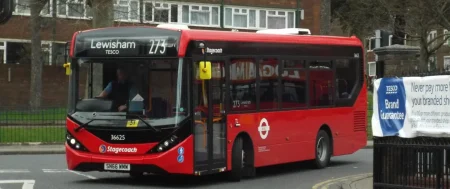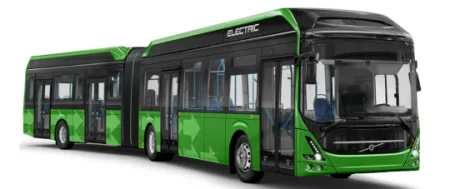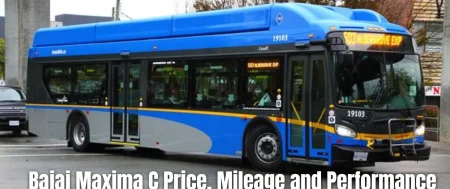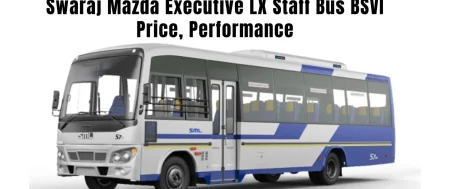When it comes to ensuring the safety, comfort, and well-being of students during their daily commute to school, choosing the best school bus is paramount. It’s not just about transportation; it’s about providing a secure and pleasant environment for our children as they travel to and from school each day.
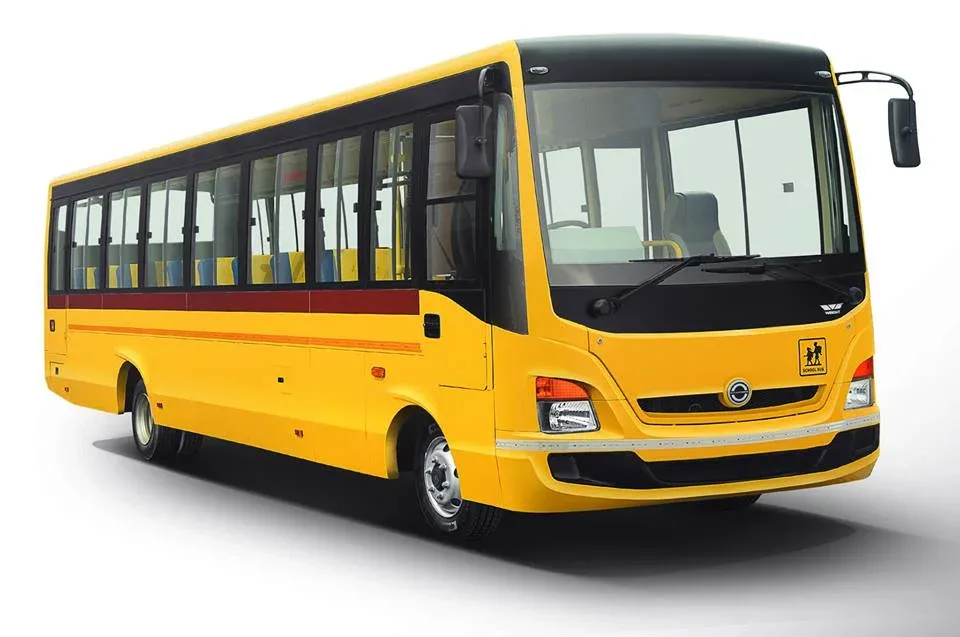
Safety Features for School BUS:
Ensuring the safety of students is the top priority when selecting a school bus. The best school buses are equipped with seatbelts and restraints to keep students secure in their seats, especially during sudden stops or accidents. Additionally, they have emergency exits and evacuation procedures clearly marked and easily accessible, along with GPS tracking and surveillance cameras to monitor the bus and its passengers in real-time, providing peace of mind to parents and school administrators.
Comfort and Convenience:
Comfort plays a significant role in the overall experience of students riding the school bus. The best school buses feature air conditioning and heating systems to maintain a comfortable temperature regardless of the weather outside. Moreover, they offer spacious seating and ergonomic design to ensure that students have enough room to sit comfortably during their journey. Some buses even come equipped with entertainment options such as screens for watching educational videos or listening to music, making the ride more enjoyable for students.
Durability and Reliability:
Durability and reliability are essential factors to consider when choosing a school bus. The best buses are equipped with powerful engines that deliver excellent performance while ensuring fuel efficiency. They are built using high-quality materials that can withstand the wear and tear of daily use. Regular maintenance and servicing further enhance the longevity of these buses, minimizing downtime and ensuring that students reach their destination safely and on time.
Environmental Impact:
In today’s environmentally conscious world, the environmental impact of school buses cannot be overlooked. The best school buses prioritize fuel efficiency and implement measures to control emissions, reducing their carbon footprint. Additionally, they may offer alternative fuel options such as propane or electric engines, further minimizing their environmental impact and promoting sustainability.
Cost-Effectiveness:
While the initial purchase cost is a significant consideration, it’s essential to look beyond that and consider the long-term cost-effectiveness of a school bus. The best buses may have a higher upfront cost but offer savings in terms of fuel and maintenance expenses over their lifetime. Moreover, they retain their resale value better than lower-quality buses, providing a better return on investment in the long run.
Customization Options:
Every school has unique needs, and the best school buses offer customization options to meet those needs effectively. From different seating arrangements to accessibility features for differently-abled students, these buses can be tailored to suit the specific requirements of each school, ensuring that every student has a safe and comfortable ride to school.
Technology Integration:
Technology plays a vital role in modern school buses, enhancing safety, efficiency, and communication. The best buses integrate seamlessly with school management systems, allowing for efficient tracking of routes, schedules, and student attendance. They may also offer Wi-Fi connectivity and onboard computers, enabling students to stay connected and productive during their journey.
Case Studies:
Numerous schools have already implemented the best school buses with remarkable success. These case studies serve as testimonials to the effectiveness and benefits of choosing the right school bus. From improved student attendance to enhanced safety and comfort, these stories highlight the positive impact that the best school buses can have on a school community.
Conclusion:
In conclusion, selecting the best school bus is a decision that should not be taken lightly. It’s about more than just transportation; it’s about prioritizing the safety, comfort, and well-being of students. By considering factors such as safety features, comfort, durability, environmental impact, cost-effectiveness, customization options, and technology integration, schools can ensure that they provide the best possible transportation solution for their students.
FAQs:
- Are school buses equipped with seatbelts?
- Most modern school buses are equipped with seatbelts or other restraints to ensure the safety of students.
- Do school buses have air conditioning?
- Many school buses come equipped with air conditioning and heating systems to maintain a comfortable temperature for students.
- Are school buses environmentally friendly?
- The best school buses prioritize fuel efficiency and may offer alternative fuel options to minimize their environmental impact.
- How often do school buses require maintenance?
- School buses require regular maintenance and servicing to ensure their reliability and safety, typically following a strict schedule set by the manufacturer.
- Can school buses be customized to meet specific needs?
- Yes, school buses can be customized with various seating arrangements and accessibility features to meet the specific needs of each school.
